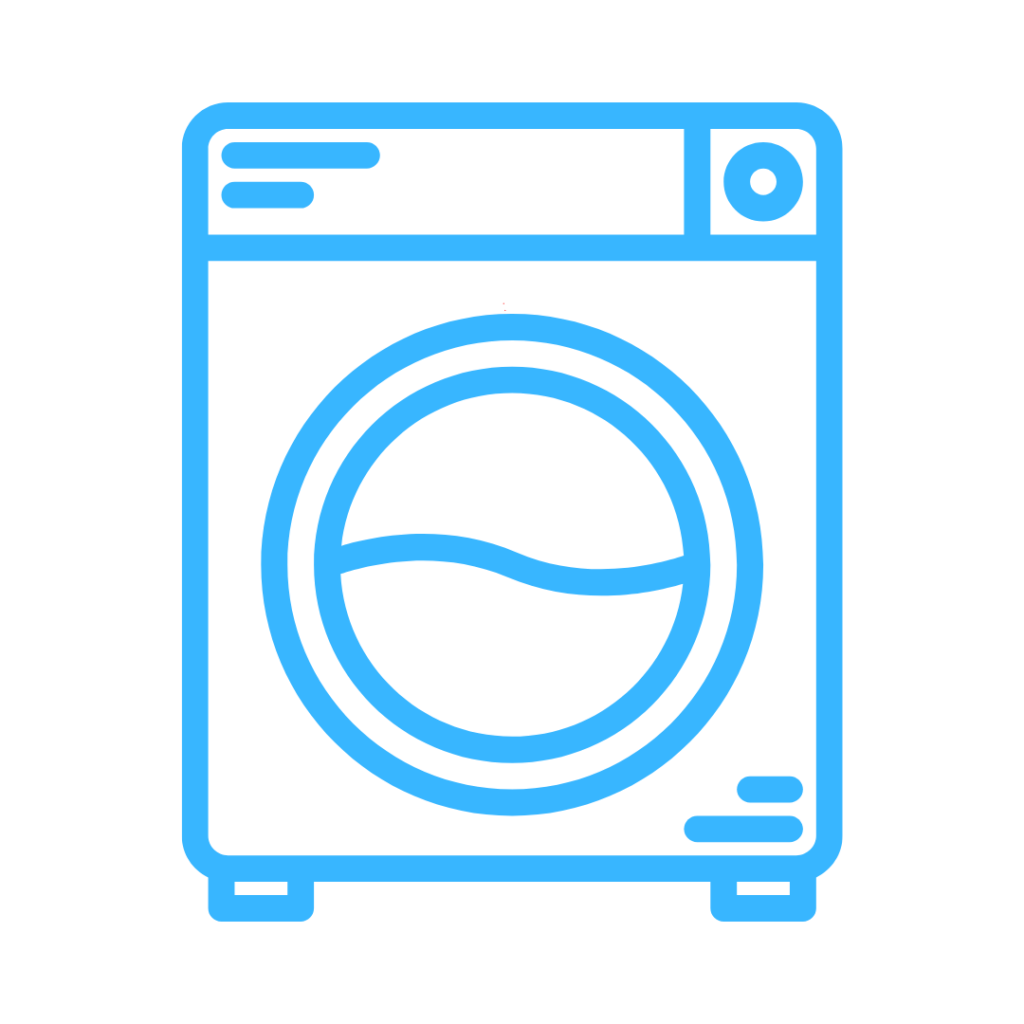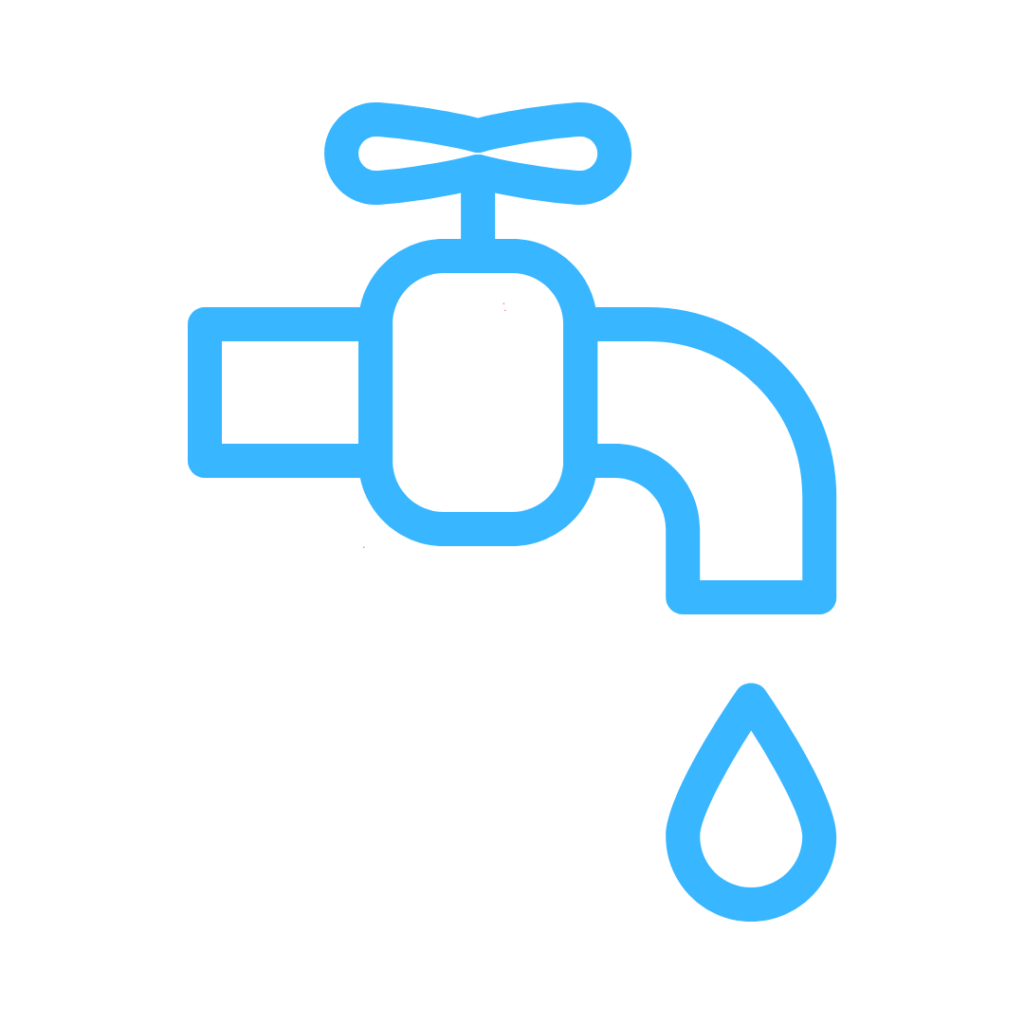Staying warm during the winter months is essential for your health and well-being, but with the rising cost of living, keeping energy bills low has become increasingly challenging. Many families are forced to make tough choices between heating and other necessities.

We’ve gathered some straightforward tips to help you keep your home cozy without breaking the bank. By incorporating these simple yet effective habits into your daily routine, you can make a lasting impact on your finances. Round up the whānau and take a look at these together!
Winter savings in the: KITCHEN

#1: Only boil the amount of water you need for your hot drinks
Boiling more water than necessary wastes energy and time. By boiling only the water you need, you can reduce your energy consumption and save on electricity bills. This simple habit can also speed up the process, making it more convenient for your daily hot drinks.
After cooking, leave the oven door half ajar:
After using your oven, leave the door slightly open to let the residual heat escape and warm up your kitchen. This can be particularly useful during the winter months. While it won’t replace your primary heating system, it can provide a little extra warmth without additional energy expenditure.

Winter savings in the: LAUNDRY

Use cold wash setting for your washing machine to save about 25 cents per load:
Heating water for laundry is a significant energy expense. Washing clothes in cold water can reduce energy use by up to 80% per load. For an average New Zealand household, this translates to saving approximately $60 annually on electricity bills. Additionally, cold washing helps maintain the quality of your clothes.
Wait until dishwashers and washing machines are fully loaded:
Running these appliances with full loads maximizes their efficiency and reduces the number of times you need to use them. This helps save water, detergent, and energy. Ensuring that dishwashers and washing machines are fully loaded before starting a cycle can contribute to overall household energy savings.

Winter savings in the: HOUSE

Turn off appliances at the wall instead of leaving them on standby mode
Many appliances continue to consume energy even when not in active use, a phenomenon known as phantom or standby power. By turning off appliances at the wall, you can eliminate this wasted energy, contributing to overall energy savings and reducing your electricity costs.
Set mixer taps to cold:
When mixer taps are left in the middle, they often draw hot water even when you just want cold, wasting energy. Pre-setting mixer taps to cold ensures that hot water isn’t unnecessarily drawn from the heater, helping to reduce your household’s hot water usage and energy consumption.


Reverse your ceiling fan motors:
Heat naturally rises, and reversing the direction of your ceiling fans can help redistribute warm air that gathers near the ceiling back down into the living space. Most ceiling fans have a small switch to change the direction of the blades. Operating them at a low speed clockwise during winter can help circulate warm air more efficiently, potentially reducing heating costs.

Open blinds or curtains of windows that face the sun:
Utilize natural sunlight to warm your home. During the day, open blinds or curtains on north-facing windows to let in the sun’s heat. At night, close them to reduce the chill from cold windows. This simple practice can help to naturally warm your home during the day and keep it insulated at night.
Implementing these simple energy-saving hacks can make a significant difference in your winter energy bills, while keeping your home warm and cozy. Every little bit counts, and these practical steps can add up to substantial savings over time. So…what are you waiting for? Round up the whānau and get them warmed up to these new winter tips!
For more tips and information on how to save energy in your home, visit Genless.
To learn more about winter viruses, visit our community blog page here.



